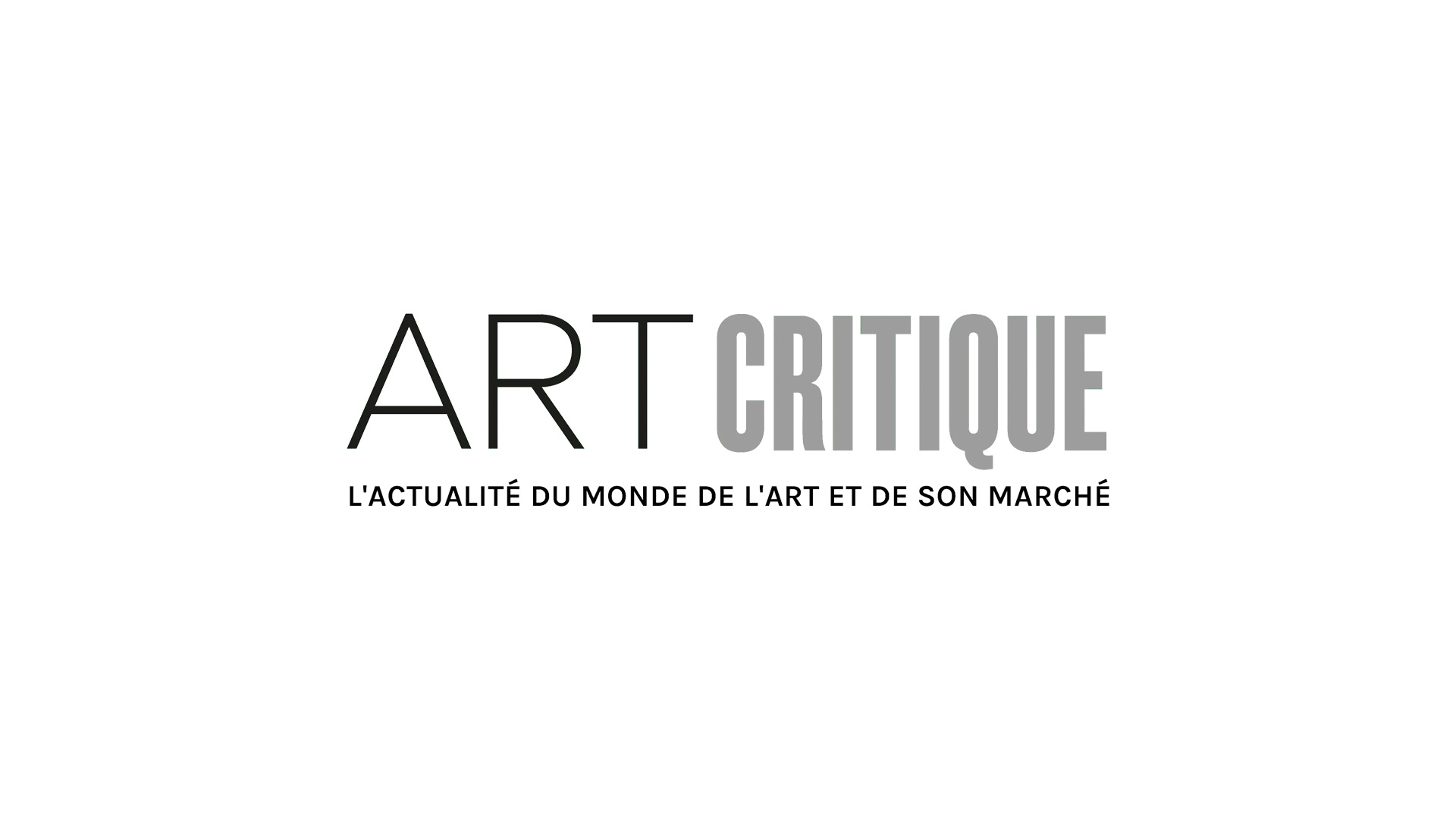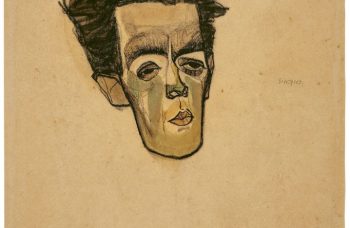Recently, Gary Snell, an American businessman and art dealer, received a one year suspended prison sentence after being found guilty by a Parisian court of appeals for selling unauthorized sculptures using Auguste Rodin’s casts. In addition to Snell’s sentencing, his business associate, Robert Crouzet, a French art dealer, was sentence to four months of a suspended prison sentencing for his role in the matter. Both Snell and Crouzet has been ordered to pay a total of €500,000 (about $560,000) to the Musée Rodin to cover damages.
The ruling comes after an 18-year legal battle between the dealers and the Musée Rodin, which oversees the late artist’s estate. The Musée Rodin claimed that Snell and Crouzet were creating, exhibiting, and selling artworks casts from Rodin’s moulds and passing them off as authentic works. The 52 original moulds used by the dealers were authentic casts but they were meant to go to the Musée Rodin after Rodin’s death. Instead, they were taken and later, Gruppo Mondiale, Snell’s company that has now been liquidated, bought the casts for $6 million according to the AFP.
The exact number of sculptures cast from the moulds is uncertain – Snell maintains that around 700 works were commissioned while the French press has reported there may be as many as 1,700 reproductions. It has also been estimated that the works sold for around €40,000 each for a combined total of as much as €68 million. Gruppo Mondiale sold bronzes of famous Rodin casts including The Thinker, The Kiss, and The Hand of God.
Snell was prosecuted in 2001 for selling works without disclosing that they were not original Rodin’s only reproductions from original casts. Then, in 2014, a Parisian criminal court that initially heard the case decided it could not continue overseeing it because it could not determine if the works were made or sold within French territory leading to questions about jurisdiction. Since then, investigators discovered 93 moulds and 56 bronze casts as a foundry in Italy that was used by Gruppo Mondiale. They also found plaster casts and moulds at an undisclosed French foundry, which according to the French press, was allegedly used by Gruppo Mondiale as well.
Recasting works from original moulds can be a grey area when authenticity comes into question. However, in this case, before his death in 1917, Rodin bequeathed the entire contents of his workshop and studio as well as the rights to reproduce his works to the French state to go towards a museum. That museum would become the Musée Rodin, which opened in 1919. The museum continues to reproduce works by Rodin casts in part to fund the museum but it keeps tight tabs on what is reproduced and how they are presented to the buyer. During the hearing, Snell accused the museum of ‘protecting its monopoly’ and claimed that using the word ‘reproduction’ would have hindered sales of the works in the US. Gilles Perrault, a legal expert, though, told the court that the use of lower quality bronze, as potentially in this case, ‘betrayed’ the essence of Rodin and compromised the works created thus making them inaccurate works. Works sold by the dealers have been seized primarily in Vicenza and Toronto were they were expected to be sold.
The saga, though at a milestone, is not over as Snell could still appeal the ruling.





